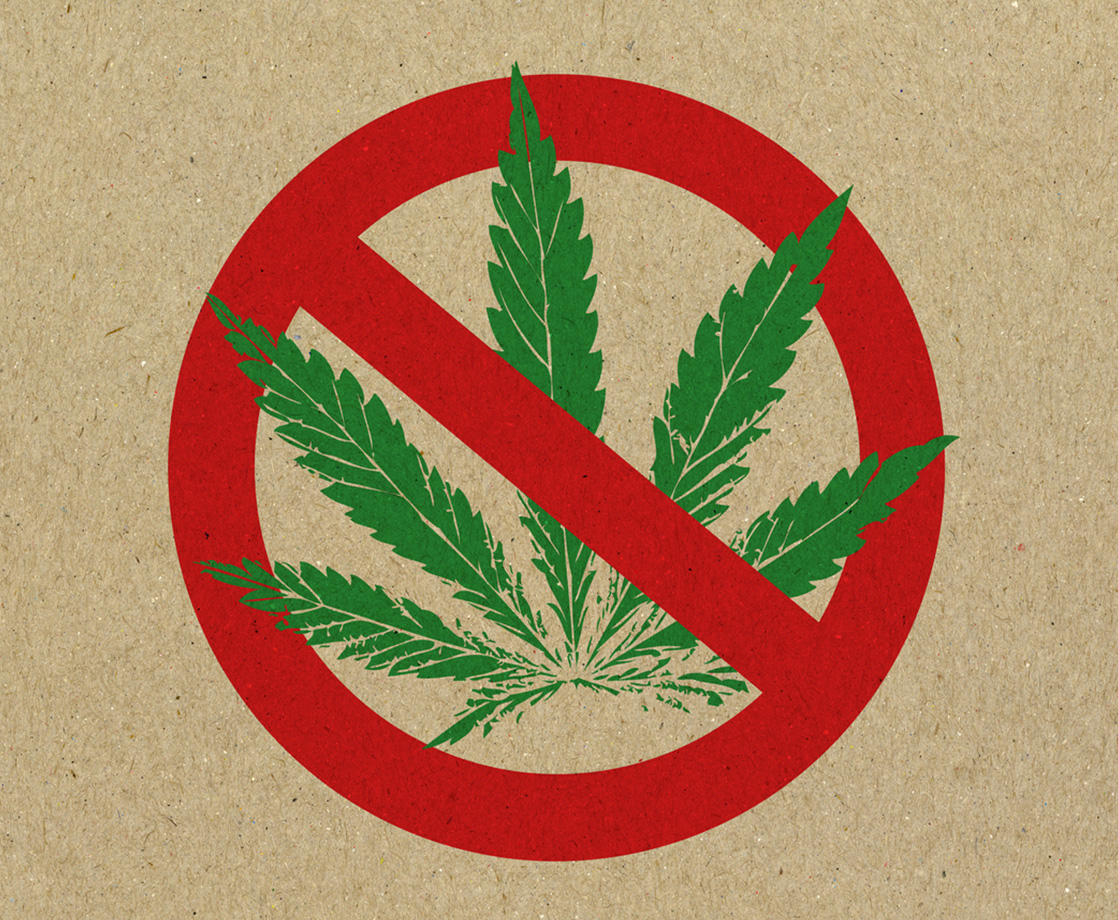Support for cannabis reform is growing every year, with recent polls showing that Americans are more likely to support legal weed than they are to support free college tuition or assault rifle bans. Regardless, Republican lawmakers are continuing to resort to fear-mongering tactics to convince people that marijuana is to blame for the country’s social problems.
This weekend, just one day after the racially-motivated mass shooting in El Paso, another young white man shot and killed nine people in Dayton, Ohio. Shortly after this tragic assault, Ohio state Rep. Candice Keller took to Facebook to pin the blame on a number of unrelated causes and marginalized groups.
Gallery — Politicians Who’ve Puffed:
“After every mass shooting, the liberals start the blame game,” Keller wrote. The GOP lawmaker then initiated her own blame game, calling out the “breakdown of the traditional American family (thank you, transgender, homosexual marriage, and drag queen advocates),” video games, former President Obama, Democrats in Congress, “open borders,” and the GOP’s favorite scapegoat: “the acceptance of recreational marijuana.”
Several state officials, including some of the state’s Republican leaders, quickly distanced themselves from Keller’s rant. “No, ma’am,” Ohio Attorney General Dave Yost tweeted on Monday. “The blame belongs to the evil man who killed those people.” Butler County Republican Party Chairman Todd Hall told the Cincinnati Enquirer that he “cannot condone such comment and behavior,” and Butler County Sheriff Rick Jones tweeted: “Shame shame shame Candice Keller.”
Shame shame shame Candice Keller.
— Richard K. Jones (@butlersheriff) August 5, 2019
“To blame these shootings on some of the very people who have been targeted is offensive to those victims, as well as the nine people who were murdered in Dayton this morning and to their grieving friends and family members,” said Butler County Democratic Party Chairman Brian Hester, noting that LGBT communities and immigrants have been the targets of recent mass shootings, including this weekend’s El Paso attack. “It is disgraceful this is what passes for Republican rhetoric now.”
Meanwhile, Kentucky Governor Matt Bevin launched into his own weed-blaming tirade during a recent local radio interview. Asked whether tax revenue from legal adult-use weed sales could rescue his state from its serious financial woes, the governor called the idea a “ridiculous proposal,” Leafly reports. Bevin claimed that “everybody in Kentucky would need to smoke pot for the next 600 years” in order to raise enough tax revenue to bail out the state’s pension fund, which is $43 billion in debt.
When asked whether he might consider even legalizing medical marijuana, Bevin responded with an uninformed rant against legalization: “Look at the homelessness, look at the increases in the emergency rooms. Look at the problems they have in law enforcement in bordering states. Look at the amount of disease and things that have spiked up as a result of people who are coming for the fact that they can smoke pot legally.”
Of course, few of these comments are grounded in reality. Many prohibition states are seeing an influx of black market weed grown in adult-use states like California and Colorado, but these states have been working with federal officials to shut down these illegal grows. There is one study that showed an uptick in emergency room visits in Colorado shortly after legalization, but none of these visits resulted in death. And the claims linking legal weed to homelessness and the spread of disease are completely unsupported by evidence.
Gallery — Fuck-Tons of Weed That No One Is Smoking Except for Cops:
Nebraska Attorney General Doug Peterson recently joined the prohibition chorus with a less offensive, yet equally implausible claim that medical marijuana violates the state constitution. In response to a recent petition to put a medical marijuana initiative on the state’s next election ballot, Peterson wrote an 8-page opinion stating that any form of cannabis legalization would be unconstitutional because the federal government’s prohibition of marijuana technically preempts any state’s authority to legalize the drug.
State Senator Anna Wishart, sponsor of Nebraska’s medical marijuana initiative, countered that she had already consulted with legal and law enforcement experts on the implications of legalization. “Two-thirds of states have medical marijuana laws, the first enacted 23 years ago and no one has successfully challenged them,” she told Marijuana Moment. “In fact, Congress has directed the DOJ to back off these programs.”
“The Nebraska Attorney General’s argument is nonsensical and motivated by his anti-marijuana ideology,” said Matthew Schweich, deputy director of the Marijuana Policy Project. “Nebraskans understand that many other states have functional medical marijuana programs, which demonstrates the baseless nature of this preemption argument.”











